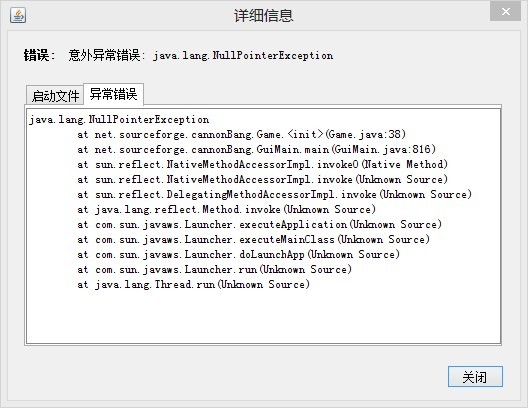Part 5: java.util.concurrent - Submit Callable< T > via ExecutorService
Future<T> submit(Callable<T> c)
Today in next part of the series we will talk about submission of callable task via executor service.
As per JAVA version 6.0, ExecutorService Inte易做图ce has following method -
Future< T > submit( callable c )
Submits a Callable task for execution and returns a Future representing that task computation.
Future< T > will return T on successful completion of the process, otherwise result will not be T.
Lets start with Callable task - As we know that Callable<T> inte易做图ce has following method - public T call()
So when we say - ExecutorService.submit(Callable Task) --> It starts a new stack starting with call method of callable task, as call method can return T so does future object. Due to this reason the signature of submit(Callable c) is Future< T >.
T --> means anything that extends Object.
package com.jovialjava.blog.threads;
import java.util.concurrent.Callable;
import java.util.concurrent.ExecutionException;
import java.util.concurrent.ExecutorService;
import java.util.concurrent.Executors;
import java.util.concurrent.Future;
public class CallableExample {
private static final ExecutorService executorPool=Executors.newFixedThreadPool(2);
public static void main(String[] args) {
CallableTask_1 task_1 = new CallableTask_1();
CallableTask_2 task_2 = new CallableTask_2();
/**
* Submit the first task
*/
Future<Boolean> fut_1 = executorPool.submit(task_1);
Future<Boolean> fut_2 = executorPool.submit(task_2);
try{
if(fut_1.get()){
System.out.println("TASK 1 completed SUCCESSFULLY");
}
if(fut_2.get()){
System.out.println("TASK 2 completed SUCCESSFULLY");
}
}catch(ExecutionException e){
System.out.println(e.getMessage());
}catch(InterruptedException e){
System.out.println(e.getMessage());
}finally{
/**====VERY IMPORTANT===
* This is required to stop the executor pool to
* stop accepting new request.
*/
executorPool.shutdown();
}
}
/**
* This task will complete successfully
*/
public static class CallableTask_1 implements Callable<Boolean>{
public Boolean call()throws NullPointerException{
System.out.println("Hi, Inside Callable Task 1");
return true;
}
}
/**
* This task will result in error.
*/
public static class CallableTask_2 implements Callable<Boolean>{
public Boolean call()throws NullPointerException{
System.out.println("Hi, Inside Callable Task 2");
throw new IllegalStateException("Callable Task Exception");
}
}
}
作者:沉默是金
补充:软件开发 , Java ,



